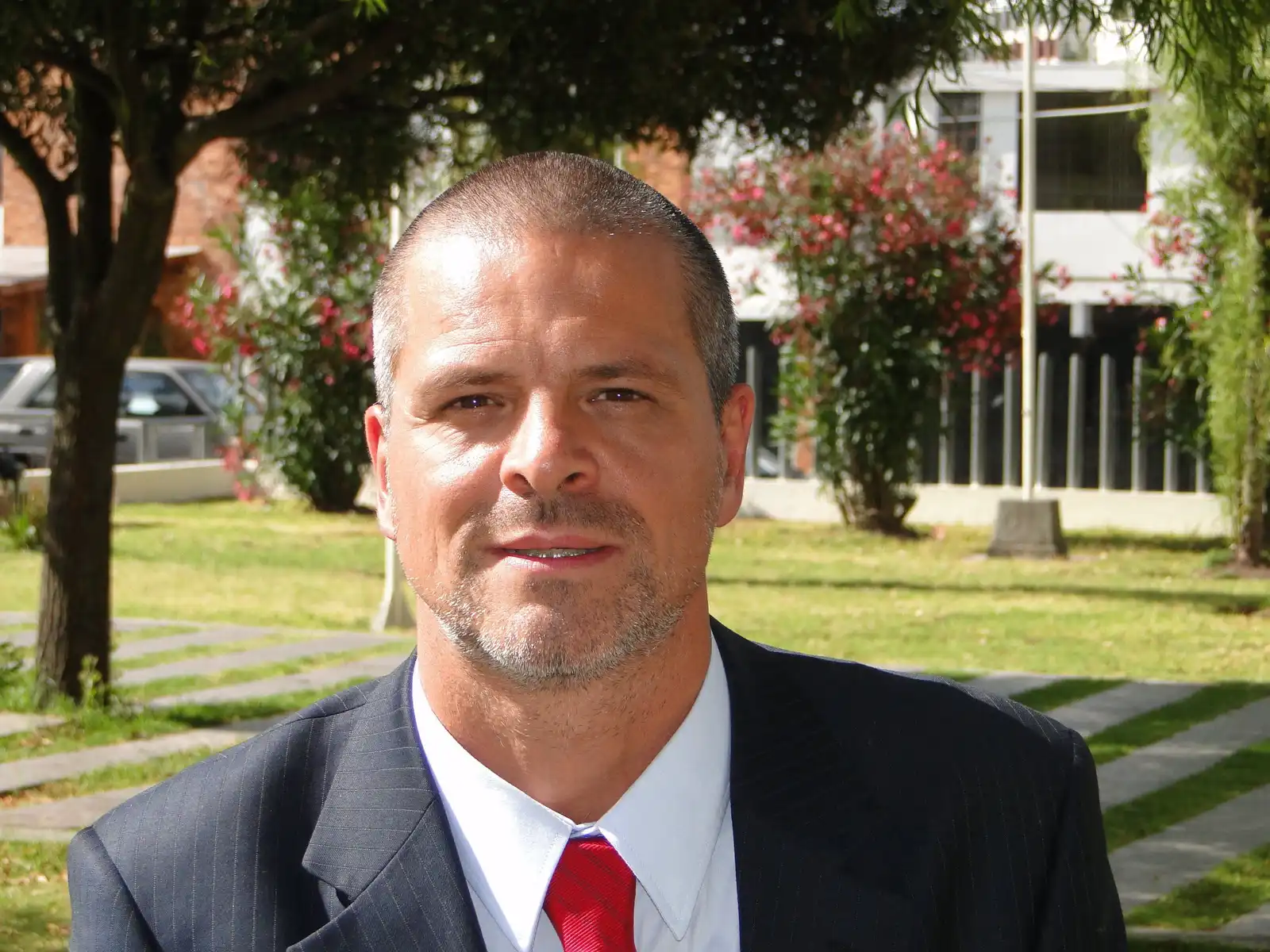Accueil>[Séminaire d'axe] Does Corruption Control Depend on Public Integrity? Recent Insights From 20 OECD Countries
20.03.2025
[Séminaire d'axe] Does Corruption Control Depend on Public Integrity? Recent Insights From 20 OECD Countries
À propos de cet événement
Le 20 mars 2025 de 12:30 à 14:00
Organisé par
Centre for European Studies and Comparative Politics (CEE)Public integrity has become the cornerstone of anti-corruption policies in many countries around the world, since the adoption of the 1997 “Convention on Combating Bribery of Foreign Public Officials in International Business Transactions.” While the convention itself is but a specific regulatory instrument, it has been complemented by a series of recommendations by the OECD Council, supported by a complex set of institutions described in the 2020 “Public Integrity Handbook.” The progress of this strategy is monitored throughout country briefs based on more than 30 indicators measuring risk management, public accountability and governments’ strategies.
In this paper, written together with José Luis Morales (FLACSO, Ecuador), they address the question whether public integrity is a necessary and sufficient condition to control corruption. To proceed, they engage in the configurational analysis of four conditions based on the policy design framework, namely policy instruments of information, regulation, finances and organization. The rationale is that neither of these instruments is sufficient but they are necessary to explain the policy outcome. They assess the most recent information released by the Department of Public Integrity as necessary and sufficient conditions for corruption control. They compare the performance of 32 countries, based on the 16 indicators available as of early 2025, and we relate them to the Corruption Perception Index published by Transparency International, and the Corruption Control index from the World Governance Indicators. The article unfolds as follows. Section 1 recalls the context of the public integrity strategy by the OECD. Section 2 describes the methodology and operational variables. Section 3 details the complete comparative analysis procedures (a.k.a. QCA, for qualitative comparative analysis). Section 4 is dedicated to results presentation and discussion. Section 5 draws some conclusions about the contribution of the public integrity strategy to corruption control.
Speaker

Guillaume Fontaine, FLACSO & Visiting fellow at Sciences Po, CEE
Guillaume Fontaine has been working since 2001 as a researcher and post-graduate professor at the Latin American Faculty for Social Sciences (FLACSO), at Quito (Ecuador). He has created the Comparative Policy Lab as a research and practice organization dedicated to promoting a design framework to deal with complex policy problems.
It uses a realist approach based on multi-methods combining QCA, process tracing and congruence analysis for small-n comparative policy. Its areas of intervention include corruption control, chronic child malnutrition, public administration reforms, post-carbon energy transition, and environmental governance in Latin America and the Caribbean. He has recently co-authored Tackling Corruption in Latin America: An Institutional Approach (with A. Hernández-Luis, T. Milan and C. Rodrigues, Palgrave McMillan 2023), and The Politics of Public Accountability (with C. Medrano and I. Narváez, Palgrave McMillan, 2020). He is also the co-editor (with B. Guy Peters) of The Handbook of Methods for Research and Practice in Comparative Policy Analysis (Edward Elgar, 2020), and The Research Handbook of Policy Design (Edward Elgar, 2022).
Chair
Charlotte Halpern, Sciences Po, CEE & LIEPP
*Seminar of the key theme: The state as a producer of public policies
À propos de cet événement
Le 20 mars 2025 de 12:30 à 14:00
Organisé par
Centre for European Studies and Comparative Politics (CEE)